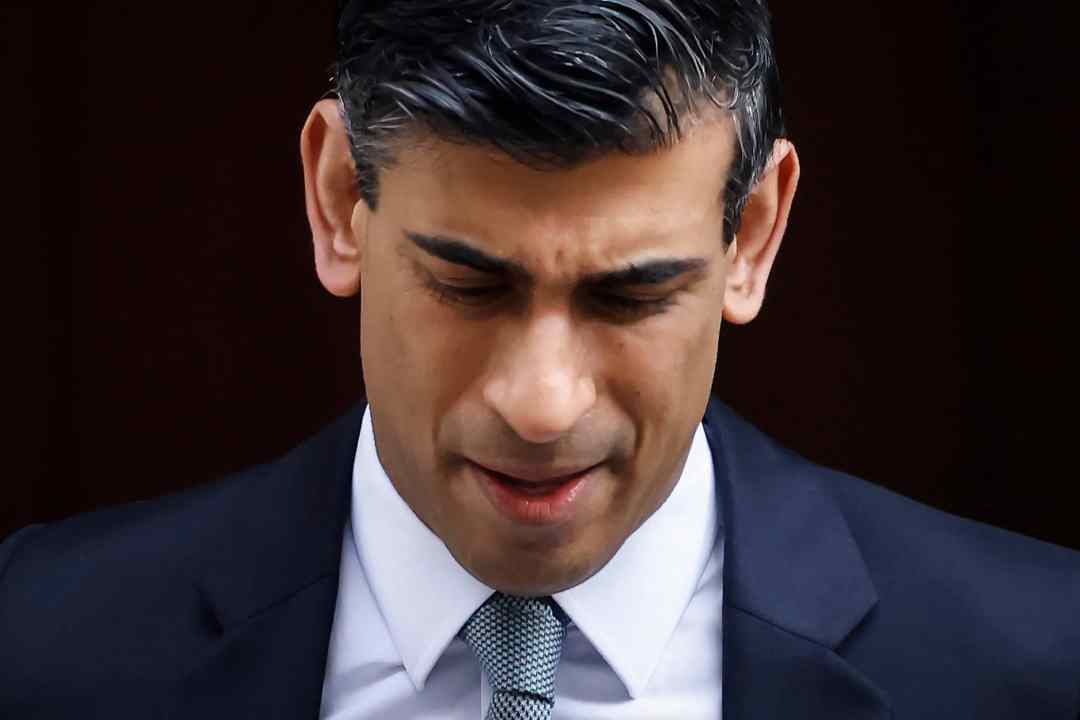The government’s National Insurance hike takes effect today, meaning many workers will feel even more squeezed as the cost-of-living crisis grows. While measures on thresholds announced in the spring statement will help to soften the impact for lower-income workers (although not for another three months), the tax rise remains very unpopular in the Tory party.
Boris Johnson was the one to push for a new social care policy; Rishi Sunak insisted that it must be funded properly rather than through borrowing, thus the National Insurance rise came about. A YouGov poll today suggests that of the two, it is the Chancellor who is currently paying the political price for the cost-of-living squeeze.
It was inevitable that his popularity would fall
Having ended the year as the most popular politician in the country, Sunak is now less popular than Labour leader Keir Starmer:
It comes after a ConservativeHome poll of Tory members ranking the cabinet this week saw Sunak drop to the bottom three. Expect the bookies’ odds to move on Sunak’s chances of succeeding Boris Johnson.
Yet while Sunak’s personal brand has taken a hit following the spring statement – and the subsequent irritable media appearances – there is little in the way of a Tory rebellion when it comes to his economic plan. Instead, Tory MPs seem sympathetic. Even ministers who are not to be huge fans of the Chancellor say that he did what he had to do in that spring statement as the government cannot keep spending money in the way it has been over the past two years.
It is not lost on those in Downing Street: as Sunak has fronted the cost-of-living crisis and seen his star fall, Boris Johnson’s standing has been boosted through his response to Ukraine. It’s hard to see the situation improving for Sunak in the coming months as the cost-of-living crisis worsens and pressure to provide more help grows. Tory MPs speculate that Sunak could have missed his chance for the top job – had he resigned at the peak of partygate, it could have proved the final nail in Johnson’s political coffin. Its possible pressure could grow again were, for example, both Johnson and Sunak were to receive a fine – and only one resigns.
For now, Sunak will have to get used to being a Chancellor in relatively normal times – when you are often the person blamed for economic problems. In a way, it was inevitable that his popularity would fall: he has been the exception to the rule since his appointment as Chancellor. His supporters will hope that he will be able to get to the other side of the cost-of-living crisis – and then be viewed as the person willing to take the difficult decisions.








Comments